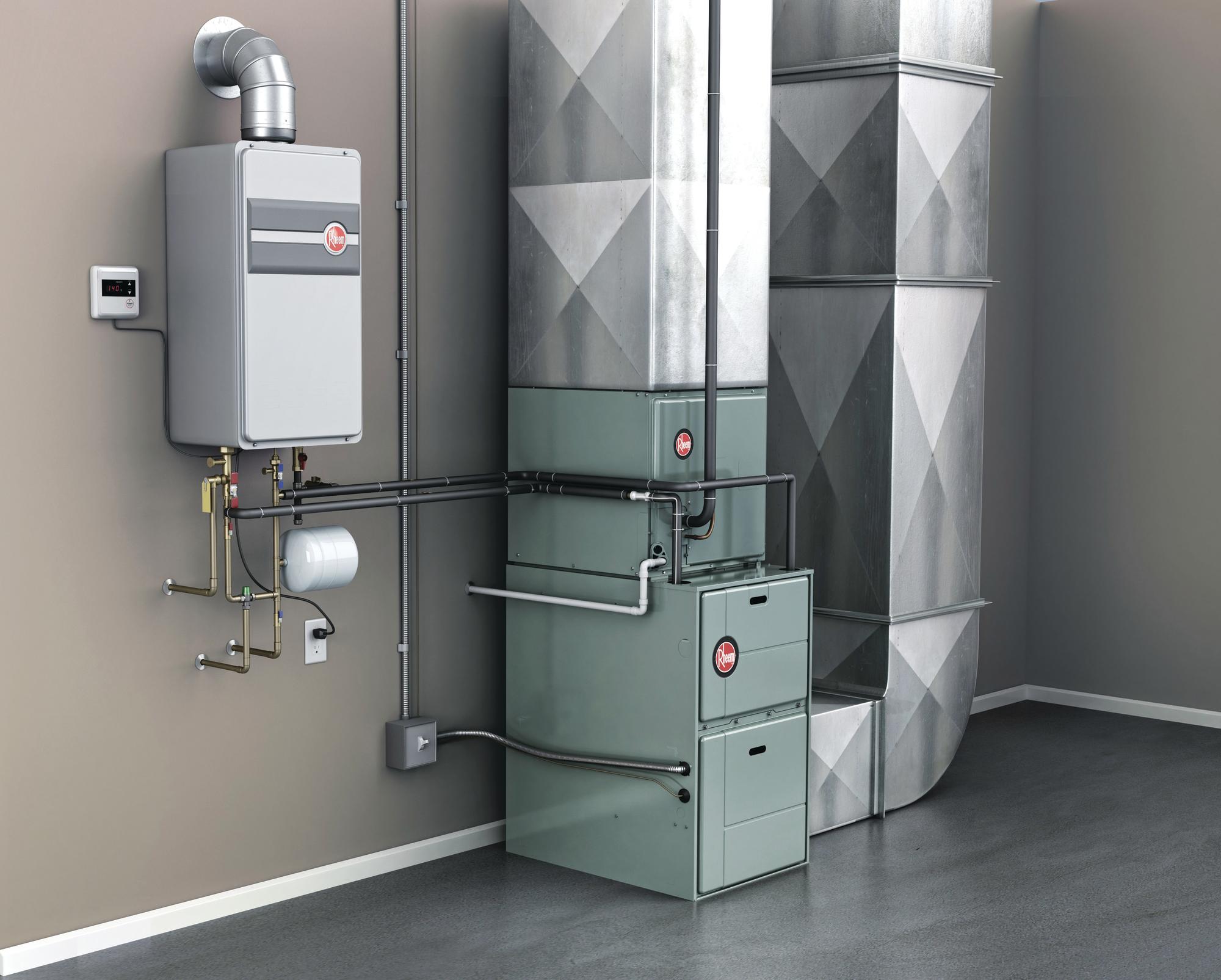Calling all DIY Enthusiasts 5 Essential Plumbing Tips You Need to Know
Calling all DIY Enthusiasts: 5 Essential Plumbing related Tips You should know! Phoning all DIY fans! Whether you're a practiced pro or simply starting out on your own plumbing journey, there are many essential tips that can save you period, money, and head aches. We've curved up five must-know plumbing guidelines that will have you tackling any task with self-confidence. So get your toolbox and let's dive in! 1. How to Fix a Leaky Faucet: One of the most common plumbing issues homeowners encounter is a leaky sink. Not only is the continuous dripping irritating, but it may also lead to water waste and higher water expenses. Don't fret, though – repairing a leaky sink is much easier than you might believe. Start by turning off the drinking water source to the affected fixture. Next, thoroughly disassemble the faucet, paying close interest to the purchase in which you remove the parts. Replace any worn-out washers or O-rings and reassemble the faucet. Change the water source back again on, and voila! Your tap should become drip-free. 2. Unclogging a Drain: Dealing with a blocked drain is hardly ever fun, but before you reach for harsh chemical substances, try this basic DIY answer. Begin by boiling a container of water and carefully pouring it down the drain. This may help break down any grease or debris that may end up being leading to the clog. If that doesn't function, try using a plunger to create suction and dislodge the blockage. For tougher clogs, a drain snake or auger can be your best friend. https://plumbers-chessington.co.uk Put in it into the drain and rotate it to break up the clog. Keep in mind to always make use of gloves and proceed with caution. 3. Preventing Frozen Pipes: Frozen pipes can be a headache, leading to costly repairs and water harm. To prevent this, insulate any open pipes in your house, specifically those in unheated areas like the basement or crawl space. You may use foam tube insulation or temperature tape to keep the pipes warm during cold climate. On particularly frigid nights, leave your faucets dripping somewhat to hold the water moving and prevent freezing. Acquiring these preventative procedures can save you from a domestic plumbing catastrophe. 4. Dealing with a Working Toilet: A running toilet not only wastes water but can also be a noisy annoyance. Luckily, fixing this issue is a air flow. Begin by getting rid of the toilet tank lid and check the flapper valve. If it's worn or damaged, just replace it with a brand-new one. If the flapper appears great, check the string linking it to the flush handle. Alter the chain duration, so it provides enough slack to allow the flapper to close completely. If all else fails, you may want to change the drinking water level in the tank or replace the fill up valve. These basic fixes will possess your toilet working smoothly in zero time. 5. Understand When to Call a Professional: While DIY domestic plumbing can be empowering, it's important to understand when it's time to call in the pros. Certain plumbing related tasks, such while major pipe maintenance or sewer line issues, require specific knowledge and equipment. Trying these maintenance without professional help may lead to additional damage and expensive repairs down the street. Keep in mind, it's generally better to end up being safe than sorry. If you're in question, consult a licensed plumber who can handle the job efficiently and efficiently. Today that you're armed with these necessary plumbing guidelines, you're prepared to take on any DIY project that comes your method. Remember to stay proactive, positive, and self-confident in your capabilities. Happy plumbing related, and may your pipes movement freely! 